Gut Microbiota Regulate Motor Deficits And Neuroinflammation In A Model Of Parkinson’s Disease
Gut microbiota regulate motor deficits and neuroinflammation in a model of parkinson's disease. In studies with mice researchers have found that changes in the microbiome the bacteria living in the gut may set off the symptoms of Parkinsons disease PD. The evidence of the involvement of gut microbiota in PD pathogenesis suggests the need to identify certain molecule s derived from the gut microbiota which has the potential to manage PD. Sampson TR Debelius JW Thron T Janssen S Shastri GG Ilhan ZE et al.
However a functional link between gut bacteria and neurodegenerative diseases. Synucleinopathies are characterized by aggregation of the protein α-synuclein αSyn often resulting in motor dysfunction as exemplified by Parkinsons disease PD. The results published in the December 1 edition of Cell suggest a new approach to PD therapies aimed at balancing the microbiome.
Synucleinopathies are characterized by aggregation of the protein α-synuclein αSyn often resulting in motor dysfunction as exemplified by Parkinsons disease PD. Gut Microbiota Regulate Motor Deficits and Neuroinflammation in a Model of Parkinsons Disease Overview of attention for article published in Cell December 2016 Altmetric Badge. Using mice that overexpress αSyn we report herein that gut microbiota are required for motor deficits microglia activation and αSyn pathology.
Patients with Parkinsons disease have an altered gut microbiome and gastrointestinal problems such as constipation often precede motor deficits by. Gut Microbiota Regulate Motor Deficits and Neuroinflammation in a Model of Parkinsons Disease The intestinal microbiota influence neurodevelopment modulate behavior and contribute to neurological disorders. Gut Microbiota Regulate Motor Deficits and Neuroinflammation in a Model of Parkinsons Disease.
Using mice that overexpress αSyn we report herein that gut microbiota are required for motor deficits microglia activation and αSyn pathology. Timothy R Sampson Division of Biology Biological Engineering California Institute of Technology Pasadena CA 91125 USA. Gut Microbiota Regulate Motor Deficits and Neuroinflammation in a Model of Parkinsons Disease.
Journal article 2016 The intestinal microbiota influence neurodevelopment modulate behavior and contribute to neurological disorders. Synucleinopathies are characterized by aggregation of the protein α-synuclein αSyn often resulting in motor dysfunction as exemplified by Parkinsons disease PD. View This Abstract Online.
Using mice that overexpress αSyn we report herein that gut microbiota are required for motor deficits microglia activation and αSyn pathology. Gut Microbiota Regulate Motor Deficits and Neuroinflammation in a Model of Parkinsons Disease.
The function of microbiota in the gut-brain axis is believed to affect the etiology of a wide range of neuropsychiatric disorders including Parkinsons disease 46 47 Alzheimers disease 48.
Signals from gut microbes are required for the neuroinflammatory responses as well as hallmark gastrointestinal and α-synuclein-dependent motor deficits in a model of Parkinsons disease. However a functional link between gut bacteria and neurodegenerative diseases. The results published in the December 1 edition of Cell suggest a new approach to PD therapies aimed at balancing the microbiome. In studies with mice researchers have found that changes in the microbiome the bacteria living in the gut may set off the symptoms of Parkinsons disease PD. The evidence of the involvement of gut microbiota in PD pathogenesis suggests the need to identify certain molecule s derived from the gut microbiota which has the potential to manage PD. Gut Microbiota Regulate Motor Deficits and Neuroinflammation in a Model of Parkinsons Disease. Using mice that overexpress αSyn we report herein that gut microbiota are required for motor deficits microglia activation and αSyn pathology. Synucleinopathies are characterized by aggregation of the protein α-synuclein αSyn often resulting in motor dysfunction as exemplified by Parkinsons disease PD. Signals from gut microbes are required for the neuroinflammatory responses as well as hallmark gastrointestinal and a-synuclein-dependent motor deficits in a model of Parkinsons disease.
Sampson TR Debelius JW Thron T Janssen S Shastri GG Ilhan ZE et al. Using mice that overexpress αSyn we report herein that gut microbiota are required for motor deficits microglia activation and αSyn pathology. Gut Microbiota Regulate Motor Deficits and Neuroinflammation in a Model of Parkinsons Disease The intestinal microbiota influence neurodevelopment modulate behavior and contribute to neurological disorders. Synucleinopathies are characterized by aggregation of the protein α-synuclein αSyn often resulting in motor dysfunction as exemplified by Parkinsons disease PD. Patients with Parkinsons disease have an altered gut microbiome and gastrointestinal problems such as constipation often precede motor deficits by. In studies with mice researchers have found that changes in the microbiome the bacteria living in the gut may set off the symptoms of Parkinsons disease PD. Using mice that overexpress αSyn we report herein that gut microbiota are required for motor deficits microglia activation and αSyn pathology.









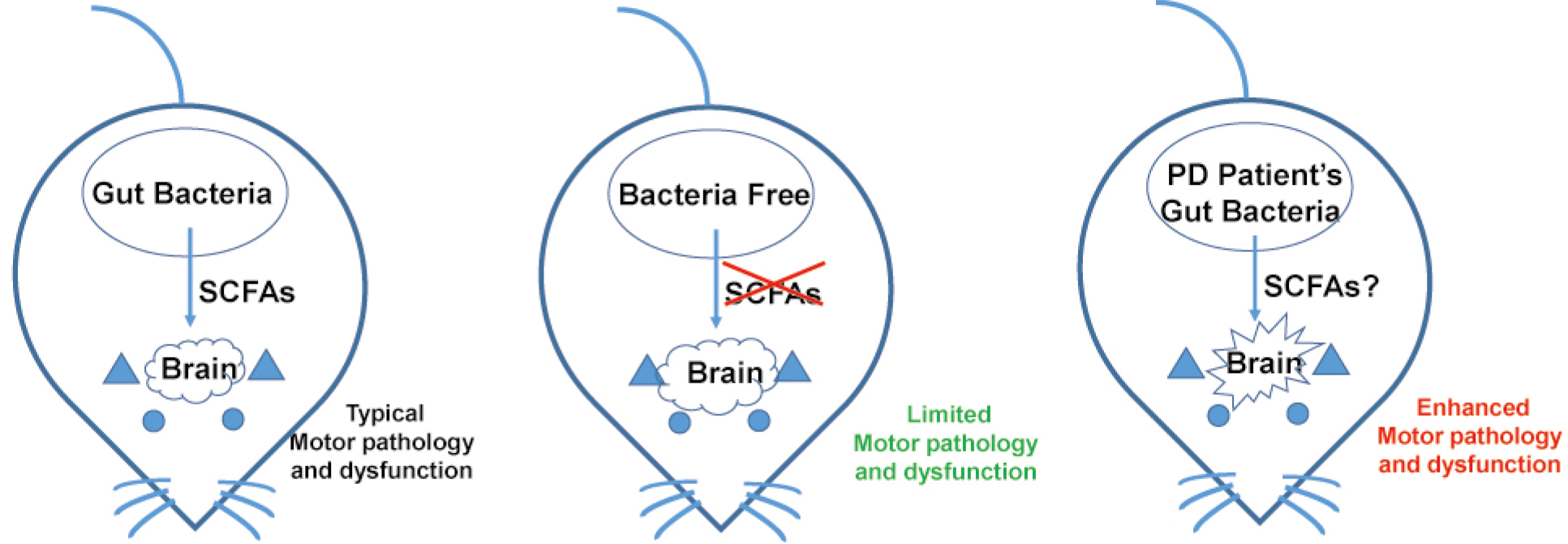



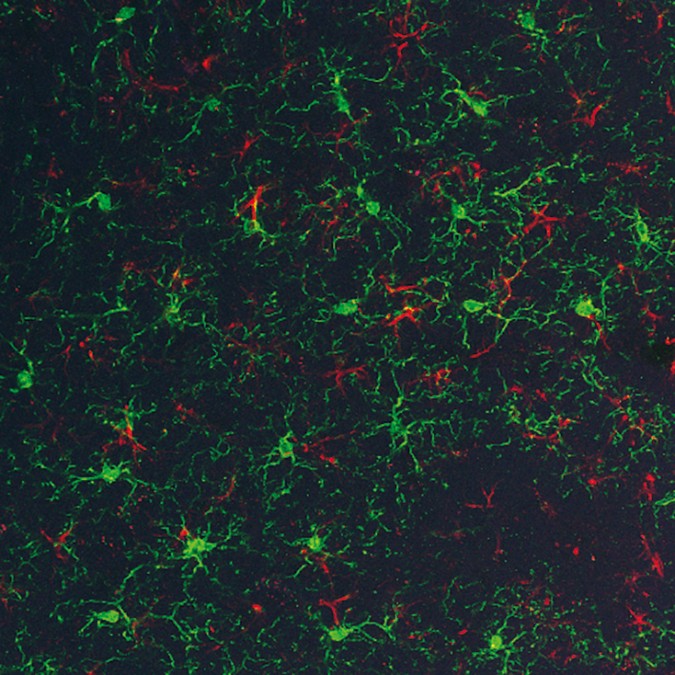
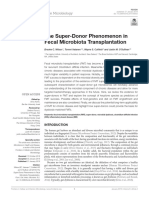



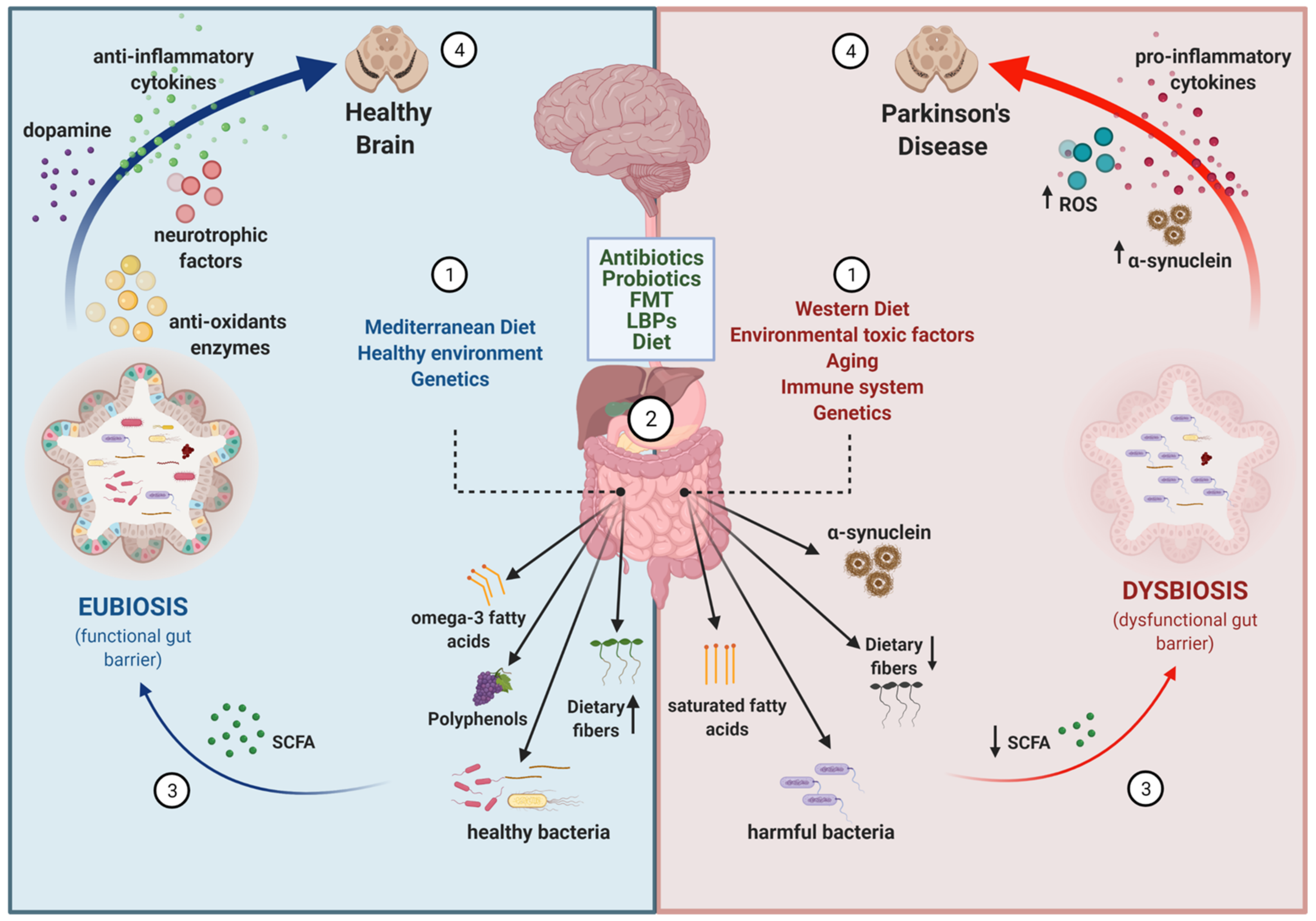

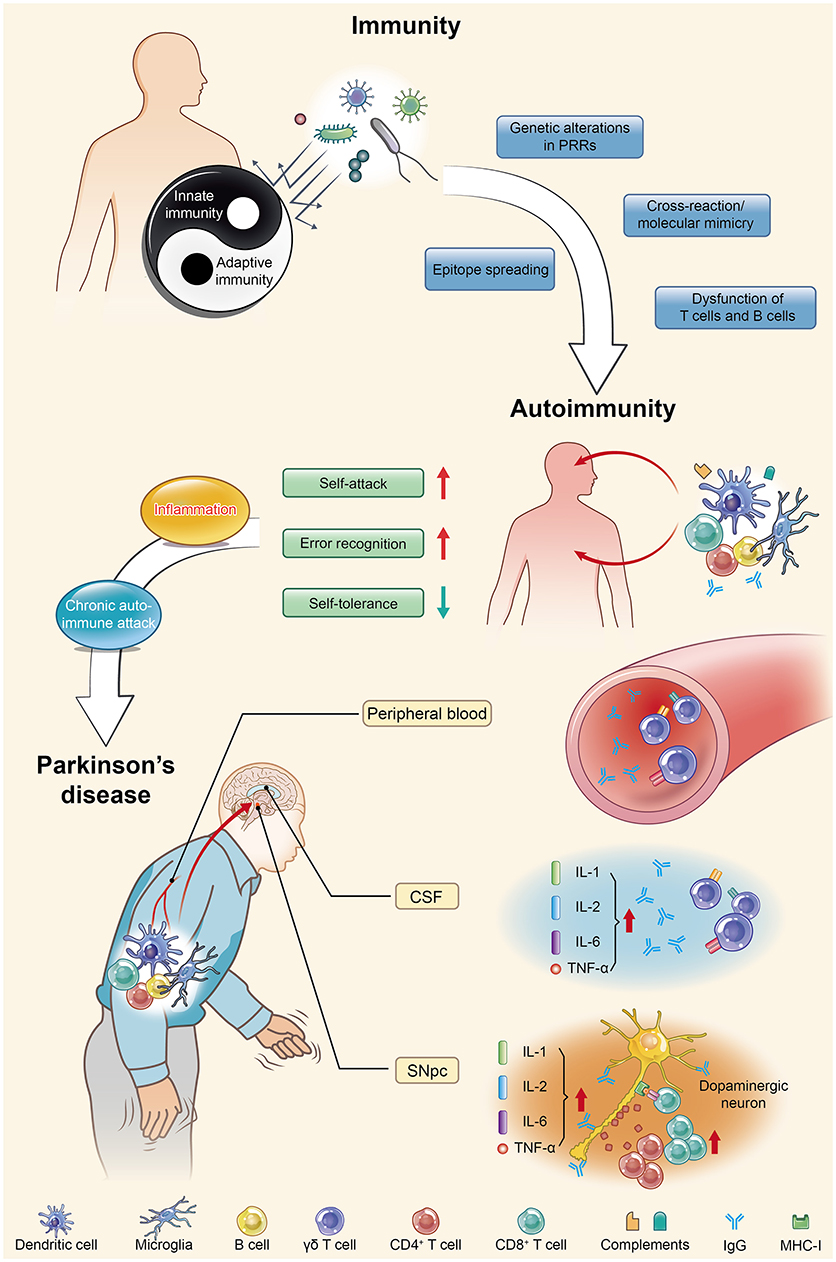



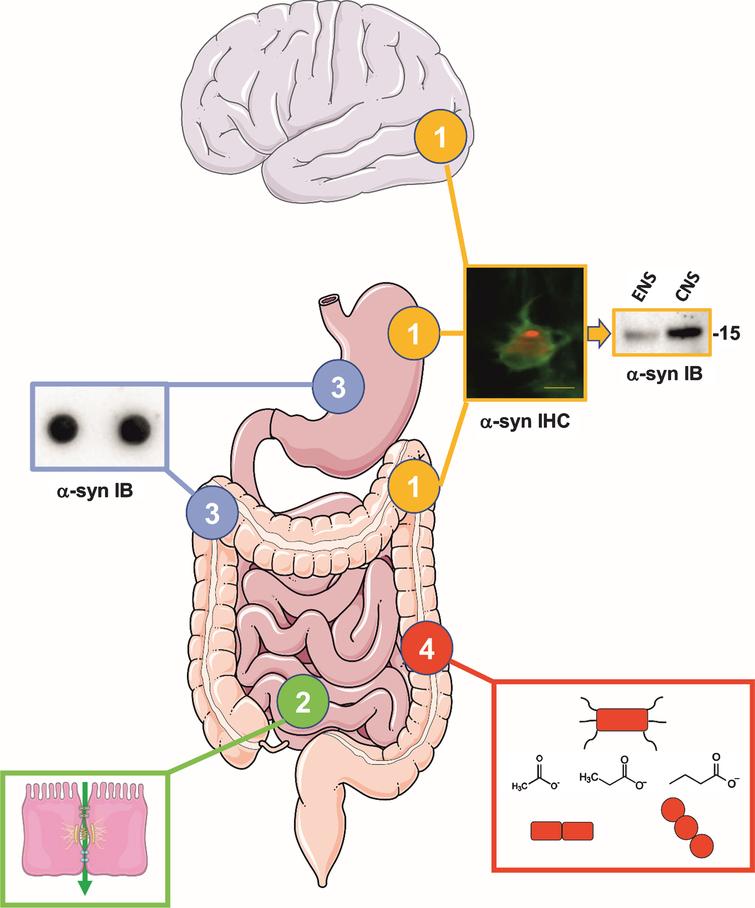
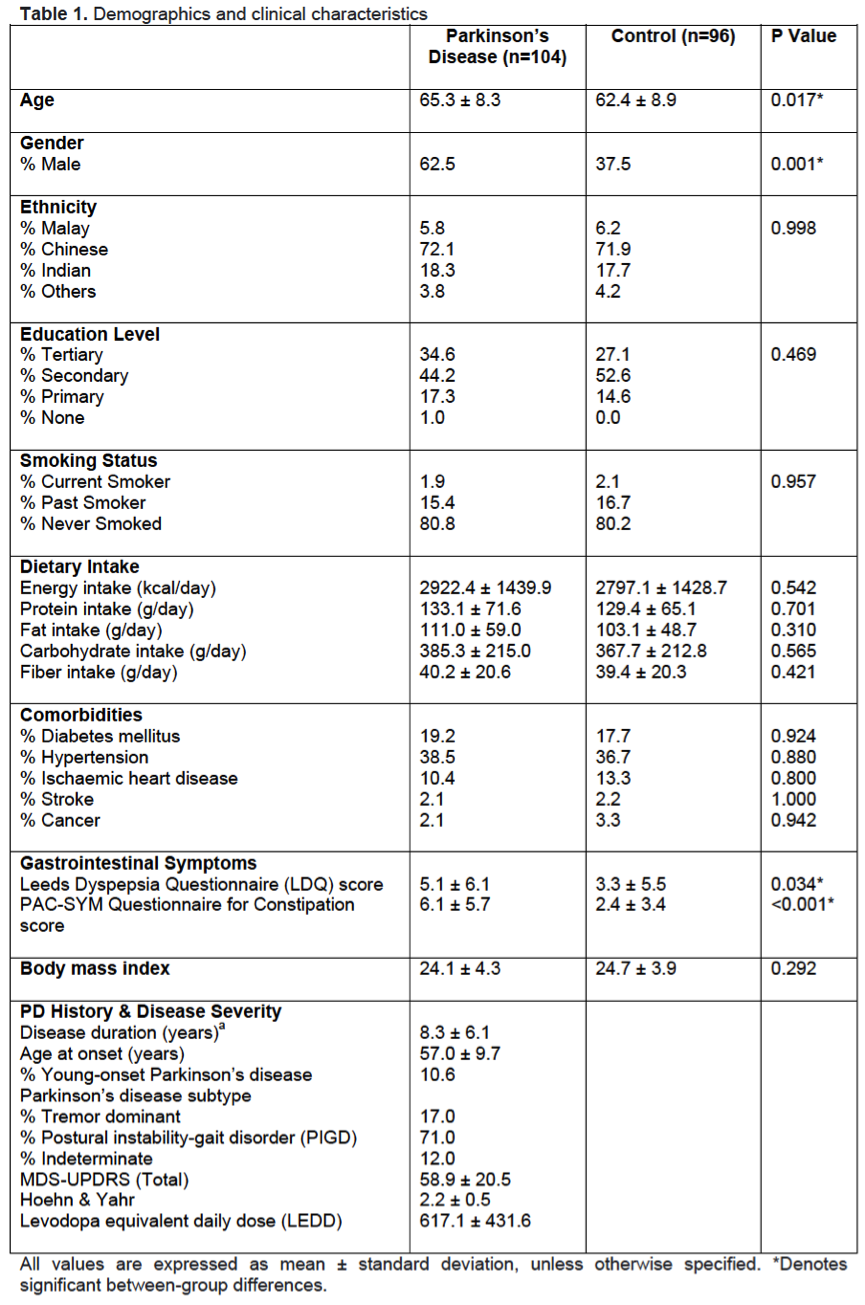

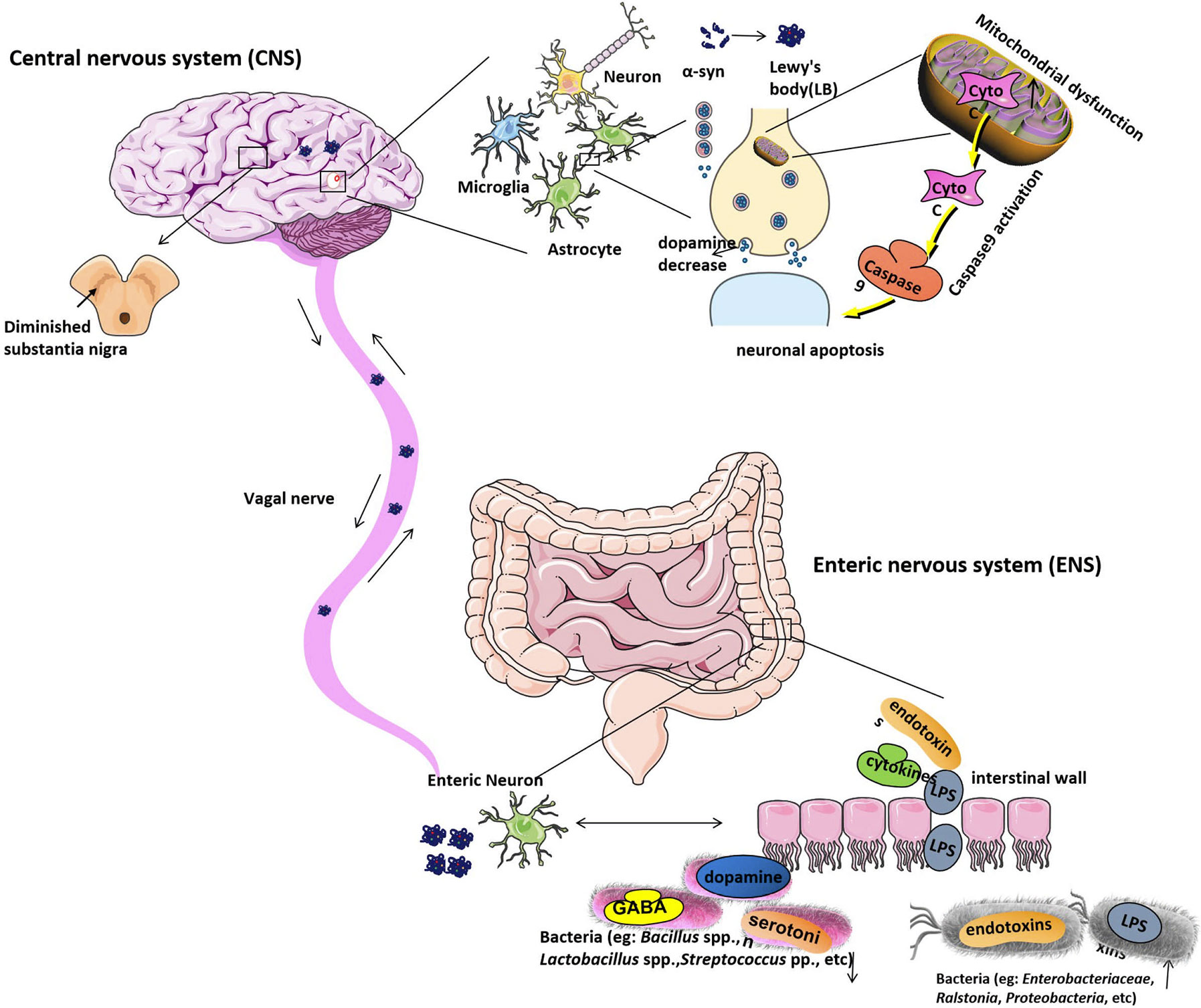

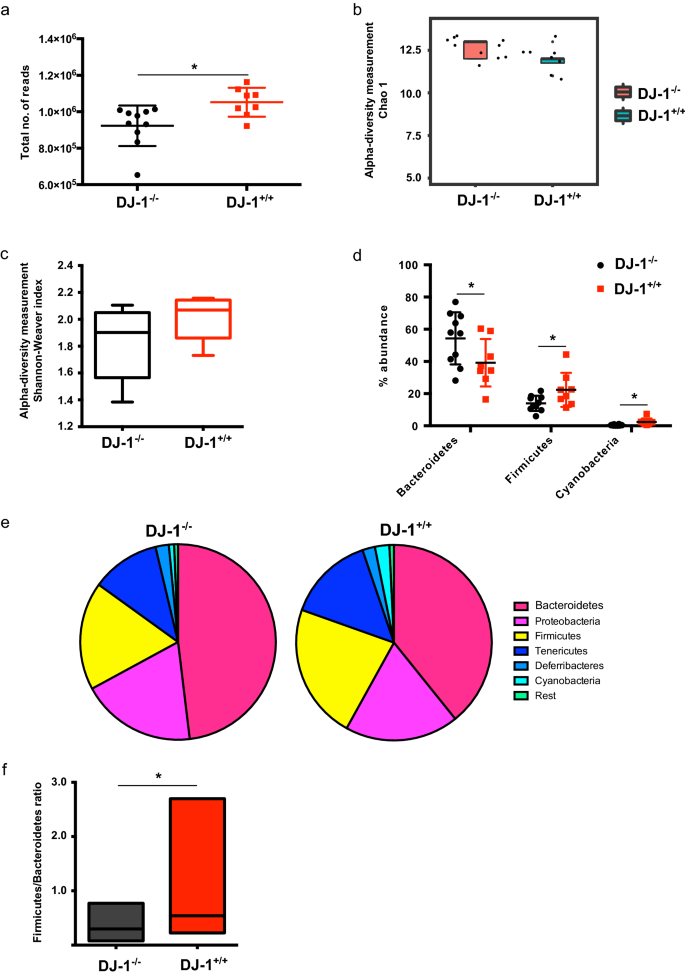

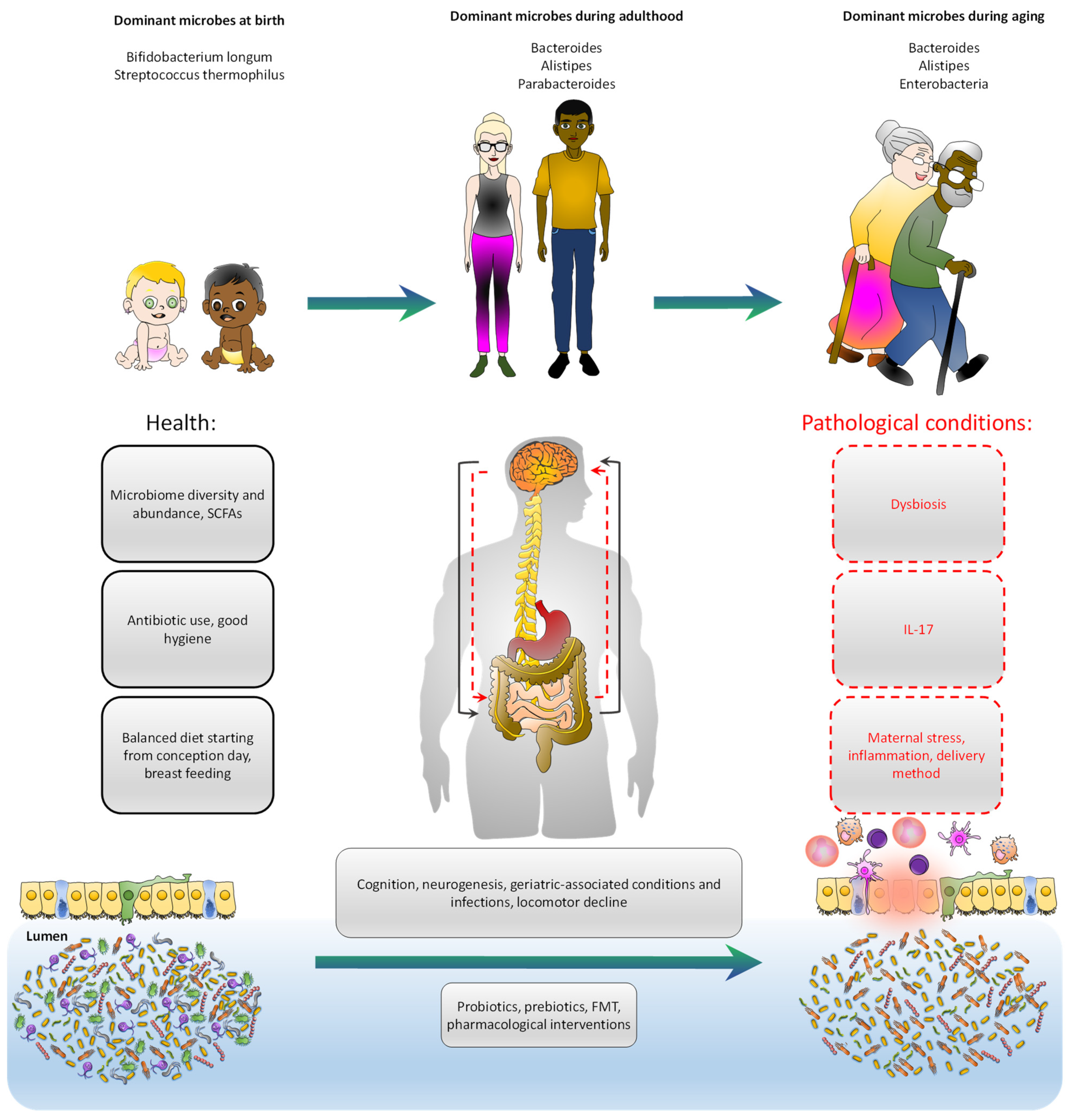
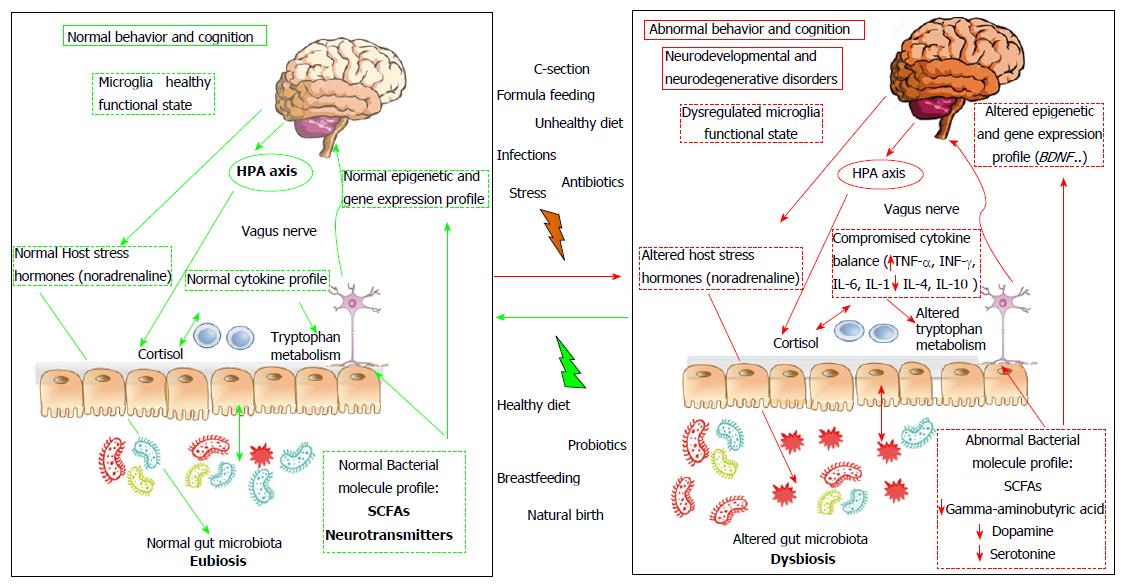

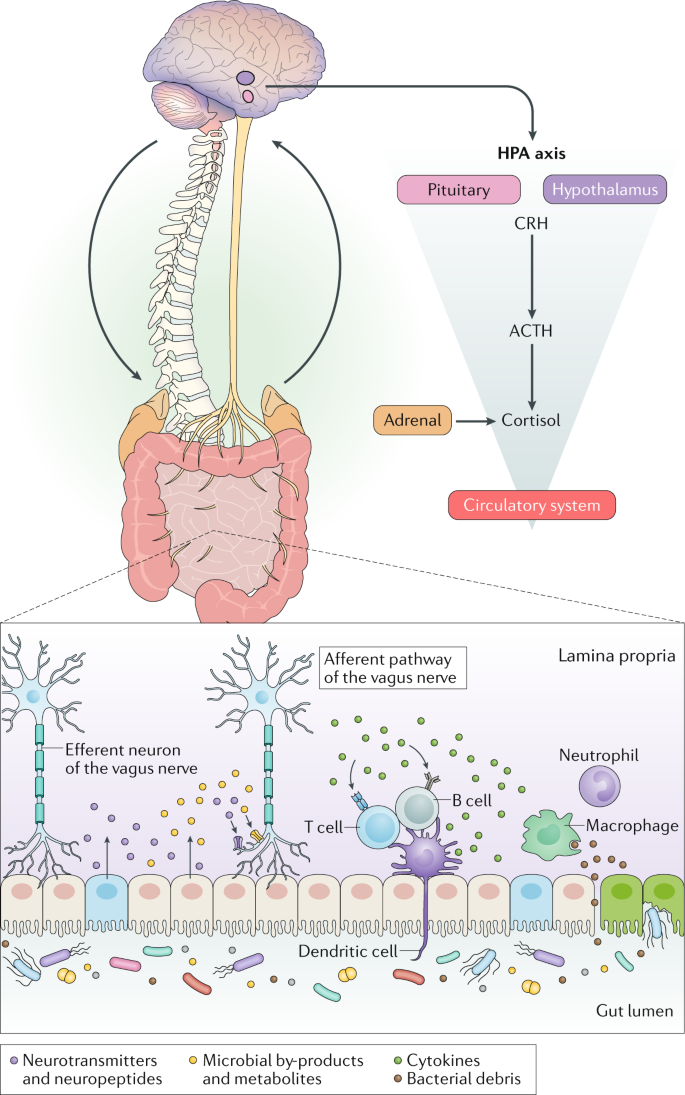

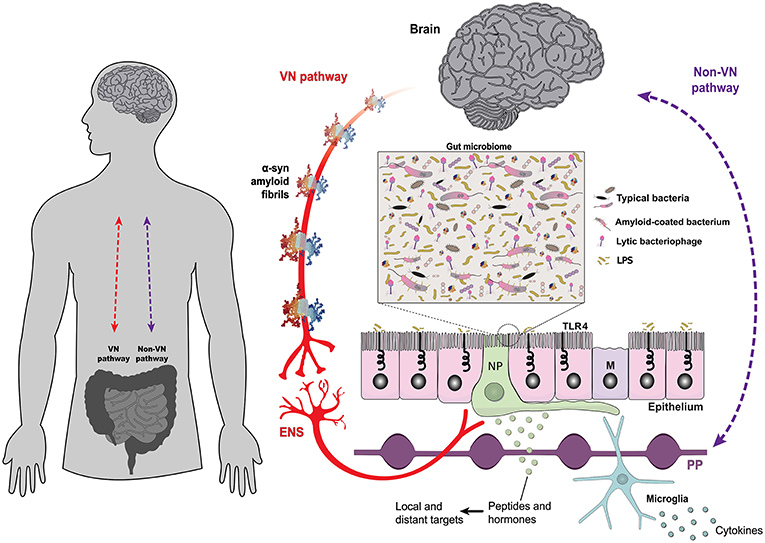


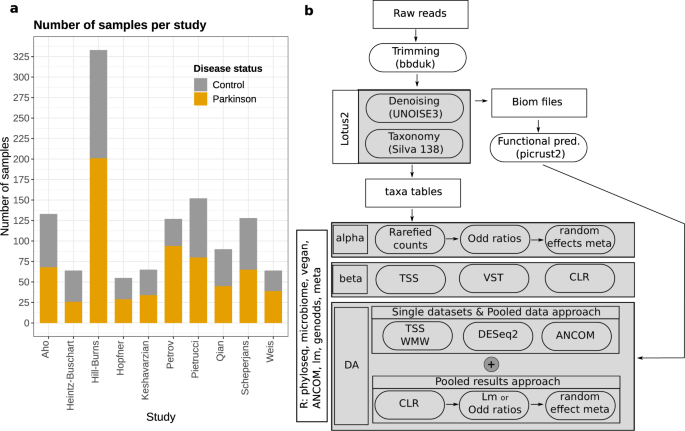

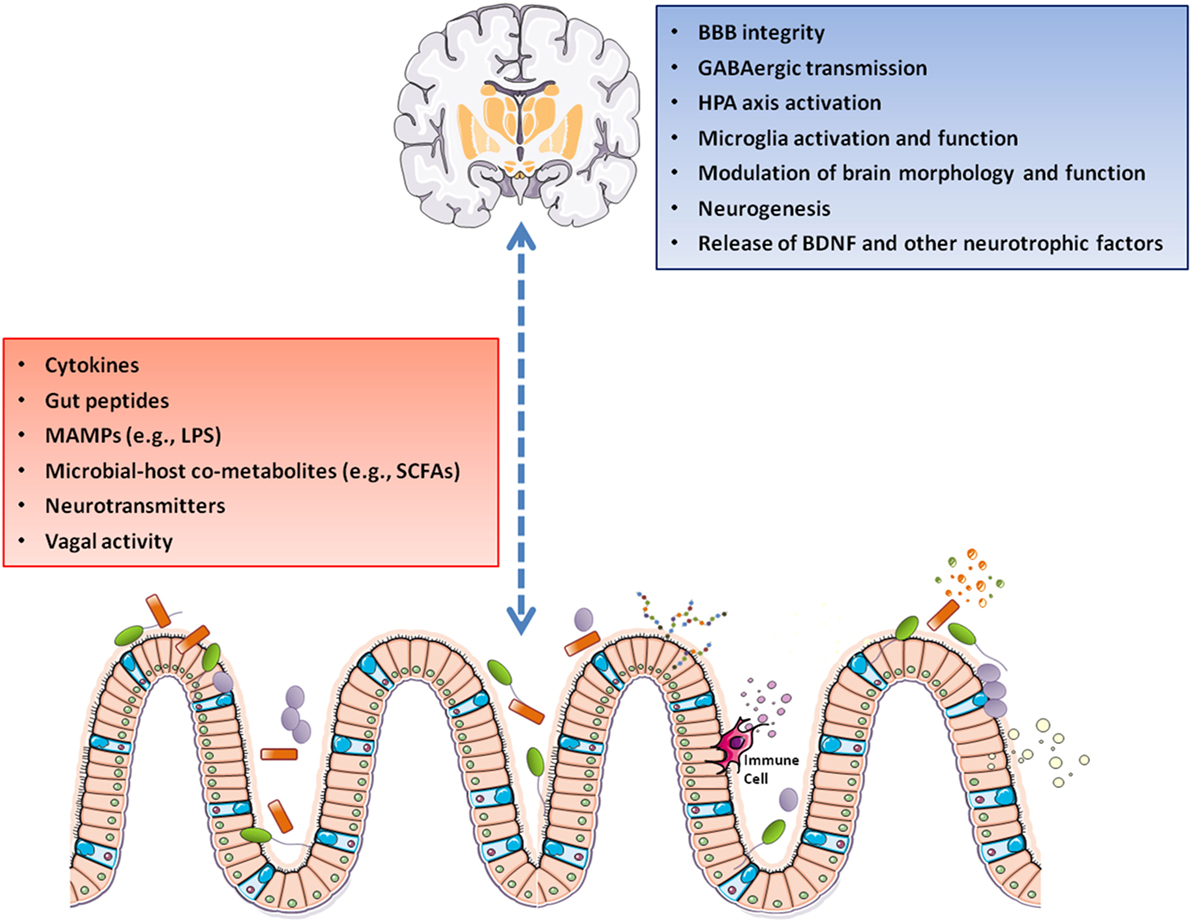
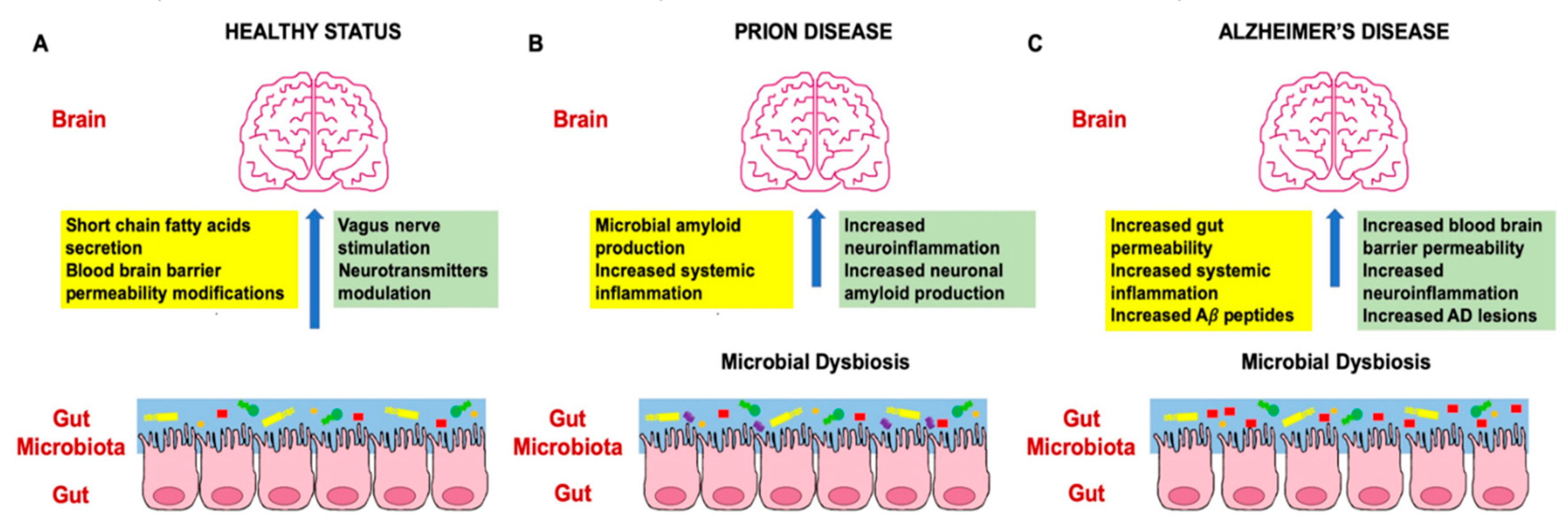


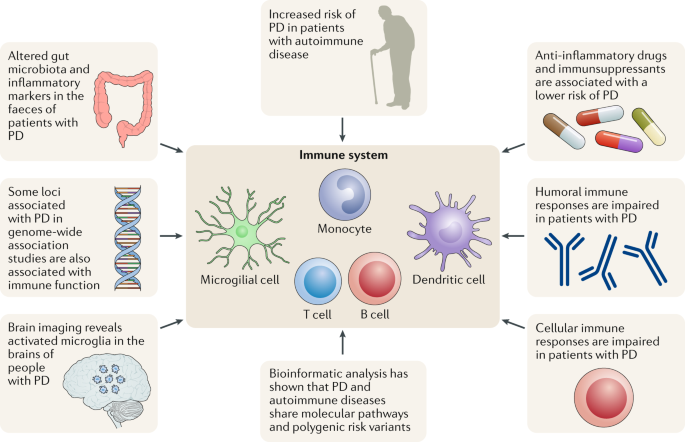

Posting Komentar untuk "Gut Microbiota Regulate Motor Deficits And Neuroinflammation In A Model Of Parkinson’s Disease"